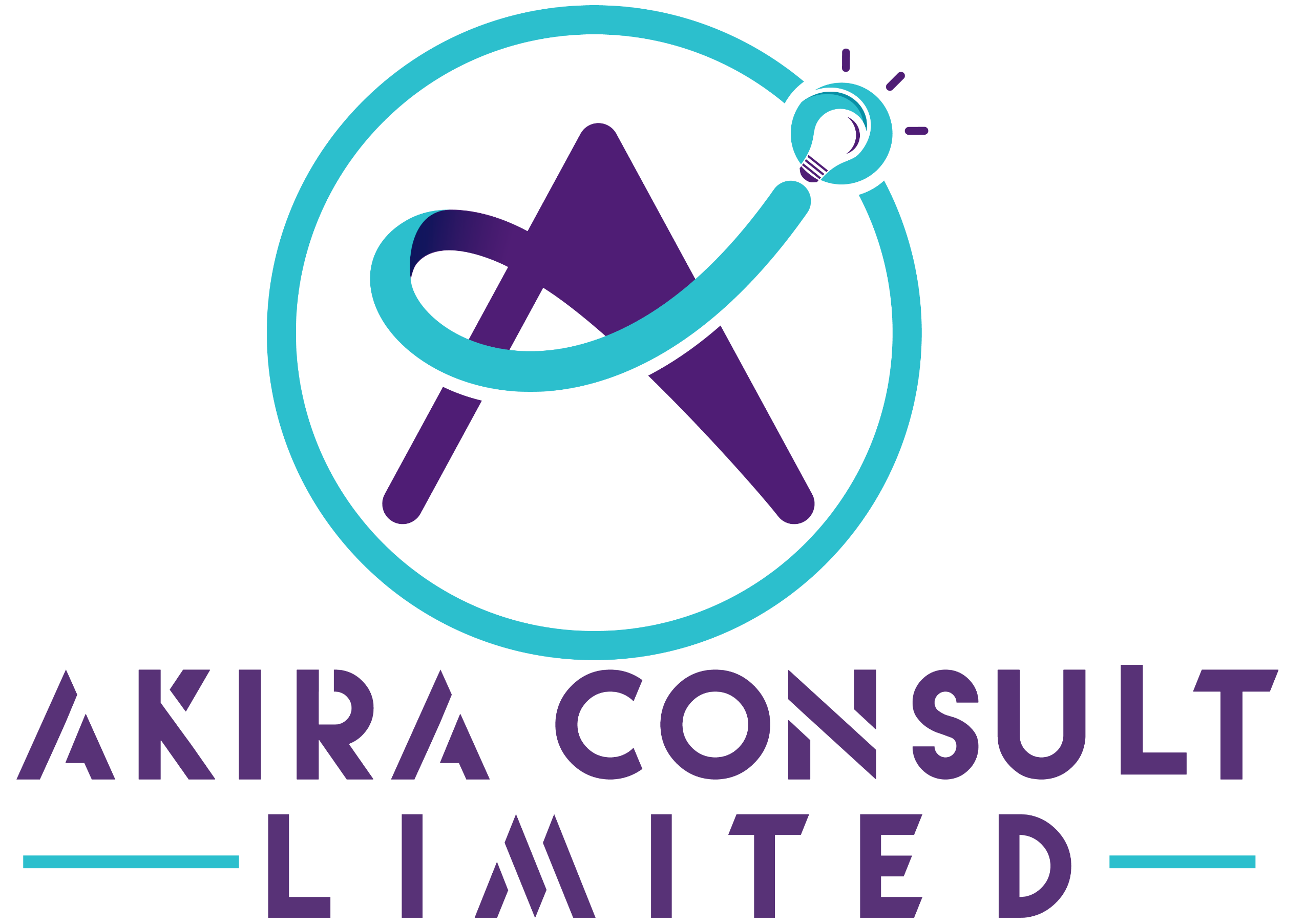A question was raised as we were discussing the set up of a certain board. The founder was curious as to how many board committees the Board needed to guide how many Board members were needed.
Since we prefer to educate and thereafter execute, we sought to shed light on the purpose of Board Committees and then guide on what was appropriate, based on the nature of business, size of the company and of course availability of suitable Board member nominees.
Committees are smaller teams within a Board appointed to focus on specific areas and take informed decisions within the framework of delegated authority, and make specific recommendations to the Board on matters in their areas or expertise All recommendations of the committees must therefore be placed before the Board for information or for approval. Therefore, they do not have the final say on a Board matter. Committees have the advantage of freeing up the board’s time for more forward-looking and strategic discussion. It provides an opportunity for groups of directors to focus on specific areas, and devote sufficient time to a proper consideration of the issues before bringing their recommendations to the full board.
Delegation of activities to committees does not excuse the board from its collective responsibility. All directors should have the right to attend committee meetings and can be marked in attendance, though this should be discouraged as it may stifle the committee deliberations and lose the point of having them in the first place.
Just as every board is unique, every board’s committee structure is unique too. Most boards copy and paste committee structures with little thought on their relevance. As a result, the committees have vague objectives and have endless discussions with no results achieved.
Coming to the law; a standard requirement is for an audit, remuneration and nomination committee. The remuneration and nomination committee are often one or a combined committee in most companies, or the combination of audit and risk in other companies. In Kenya, various industries such as the Banking, Capital Markets, Insurance, and even State Corporations within its sector legislations and regulations guide on the committees required for these entities, so that is a good starting point to give guidance as to the number and type of committees required and also, for best practice.
After formation, the Board should give guidance through a Terms of Reference for each committee and committee deliberations must be reported back to the board by the committee Chair. A full report should include a summary of the debate & contentious issues, options discussed and the reasons behind any recommendations. The board must always have the opportunity to discuss in full any issues raised by the committee.
Reach out to us today for guidance on setting up your Board Committees. Else read these and further insights at www.akiraconsult.ke
